Are Cheetos Halal Or Haram In Islam? (UPDATED 2023)
Cheetos is an American brand of cheese puff snacks that are sold right across the world. But are Cheetos halal friendly? This article looks into one of the most frequently asked questions regarding snacks that are halal friendly: Which Cheetos are halal?
Advertisements
Are Cheetos Halal?
The short answer is it depends! Cheetos products contain ingredients derived from animals. They are made with cheese and whey protein, some contain rennet, a common animal-based cheese ingredient.
Cheetos is considered halal-friendly. According to some scholars, whether you know the source of the rennet and that it comes from an animal that was slaughtered properly or otherwise, or you do not know, there is nothing wrong with eating cheese that has been made with it.
What Makes Cheetos Questionable?
As per our research, animal enzymes is what makes cheetos questionable.
Animal enzymes which are also known as animal rennet, is an an enzyme the food industry uses to prepare cheese by curdling milk. Rennet is extracted by the stomach of a calf or any other animal.
Advertisements
There are two different opinions regarding rennet in Islam.
According to IslamQA, the Islamic ruling concerning rennet is that if it is taken from an animal that has been slaughtered according to Shari’ah, then it is pure (tahir) and can be eaten. This is according to the Hanafis, Malikis, Shafi’is and Hanbalis.
As regards eating rennet taken from an animal that dies naturally, or that was not slaughtered in accordance with Shari’ah, according to the apparent meaning of the opinions reported from the majority of scholars among the Malikis, Shafi’is and Hanbalis, it is impure (najis) and should not be eaten.
They base this ruling on the verse (interpretation of the meaning):
“Forbidden to you for food) are: al-maytatah (dead animals – cattle-beasts not slaughtered).”
Surah al-Maidah: verse 3
The rennet becomes impure by virtue of the animal’s death, and it is not possible to remove that impurity from it.
Advertisements
Imam al-Nawawi said in al-Majmu’ (9/68):
“The ummah has agreed that it is permissible to eat cheese so long as it is not mixed with anything impure, such as adding rennet from a source that is not halal because it was not slaughtered according to shari’ah. This ijma’ (scholarly consensus) is the evidence for its permissibility.”
The second view, which is that of Abu Hanifah and is one of two opinions narrated from Imam Ahmad, is that rennet from dead animals or animals that were not slaughtered according to Shari’ah is still tahir (pure).
This is the opinion which Shaykh al-Islam Ibn Taymiyyah thought most correct in al-Fatawa (21/102), where he said:
Advertisements
“It is more likely that their (the Zoroastrians’) cheese is halal , and that the rennet and milk of dead animals is tahir (pure).”
Elsewhere in al-Fatawa (35/154) he said:
“With regard to the cheese made with their (some of the kafir Batini groups’) rennet, there are two well-known scholarly opinions, as is the case with the rennet from animals slaughtered by the Zoroastrians and Christians, and rennet from dead animals, of whom it is said that they do not slaughter their animals properly.
The schools of Abu Hanifah and Ahmad, according to the other of his two opinions, say that this cheese is halal, because the rennet taken from dead animals is tahir (pure), according to this view, and because the (enzymes in) rennet do not die when the animal dies (so, the concept “impure containers don’t cause the contents of the container to become impure by contact” ) applies.
The schools of Malik, al-Shafi’i and Ahmad, according to the other of his two opinions, state that this cheese is najis (impure), because the rennet is impure according to this view, as they see the milk and rennet of dead animals as impure.
In cases where meat is classified as impure because it is not slaughtered properly, the meat is regarded as being the same as dead meat. Both opinions are based on reports narrated from the Sahabah.
The first group states that the Sahabah used to eat the cheese of the Zoroastrians, while the second group states that the Sahabah used to eat what they thought was the cheese of the Christians.
With regard to this issue, the follower (ordinary Muslim) must follow an ‘alim who advises him to follow either of these two opinions.”
Source: IslamQA
M Mahmood – Strategist & Consultant contacted PepsiCo/ Frito Lay as you can see the queries and answers below.
Here’s the email they sent to PepsiCo.
We reached out PepsiCo / Frito Lay, the parent company of Cheetos and Doritos to inquire what were the enzymes used in their products i.e Animal or Plant based.
Most consumers who consume Halal or Vegan, do not consumer animal based products. See reply and most current update as of July 06 2021.
Their Consumer Relations Representative Responded to them saying:
Hi,
Thank you for writing.
Most of the cheeses in our seasonings, including Doritos Nacho Cheese and Cheetos Crunchy Flamin’ Hot, are made with animal enzymes, similar to cheeses sold in the grocery store.
If you want to avoid these enzymes, you might want to avoid our snacks that list “cheese” as ingredients.
Only a few snacks have animal flavors and they will be listed on the ingredient statement, not hidden under “natural flavors.”
The snacks on the dairy section of our Kosher list are free of animal flavors and animal enzymes.
For items not under the dairy sections, they can contain animal ingredients, but will be called out in the ingredients if used.
Our non-seasoned, salted-only snacks, such as Lay’s Classic, Ruffles Original, Fritos, Santitas, Tostitos, Original SunChips and Rold Gold Pretzels, do not have enzymes of any kind.
I hope this information helps!
Best regards,
Bethany PepsiCo Consumer Relations
Reference # 068947901A
Are Cheetos Halal in UAE, Malaysia, Saudi Arabia, and Pakistan?
Yes, cheetos are considered halal in Muslim countries including UAE, Saudi Arabia, and Malaysia. These counties change their manufacturing process to be compliant with the countries laws and will be Halal.
It’s important to note that the ingredients and manufacturing processes used to make a specific product can vary by country, so it’s always best to check the product packaging or contact the manufacturer directly to determine if a product is halal in a specific region.

Are Hot Cheetos Halal?
The halal status of hot cheetos depends on the cheese used in making the product. As stated above, if animal-derived rennet is taken from an animal that has been slaughtered according to Islamic Shari`ah, then it is pure and can be eaten.
If the rennet is obtained from an animal that dies naturally or was not slaughtered according to Shari’ah, it is impure and should not be consumed.
Others scholars said that, whether you know the source of the rennet and that it comes from an animal that was slaughtered properly or otherwise, or you do not know, there is nothing wrong with eating cheese that has been made with it.
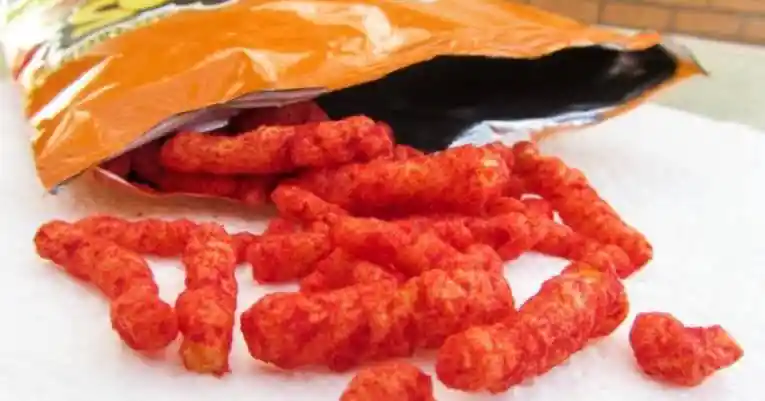
Are Cheetos Puffs Halal?
The halal status of cheetos Cheetos depends on the cheese used in making the product. As stated above, if animal-derived rennet is taken from an animal that has been slaughtered according to Islamic Shari`ah, then it is pure and can be eaten.
If the rennet is obtained from an animal that dies naturally or was not slaughtered according to Shari’ah, it is impure and should not be consumed.
Others scholars said that, whether you know the source of the rennet and that it comes from an animal that was slaughtered properly or otherwise, or you do not know, there is nothing wrong with eating cheese that has been made with it.
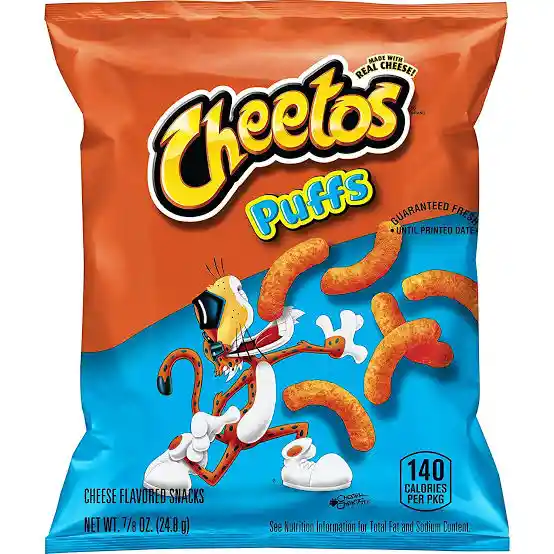
Are Flamin Hot Cheetos Halal?
The halal status of flamin’ hot cheetos depends on the cheese used in making the product. As stated above, if animal-derived rennet is taken from an animal that has been slaughtered according to Islamic Shari`ah, then it is pure and can be eaten.
If the rennet is obtained from an animal that dies naturally or was not slaughtered according to Shari’ah, it is impure and should not be consumed.
Others scholars said that, whether you know the source of the rennet and that it comes from an animal that was slaughtered properly or otherwise, or you do not know, there is nothing wrong with eating cheese that has been made with it.
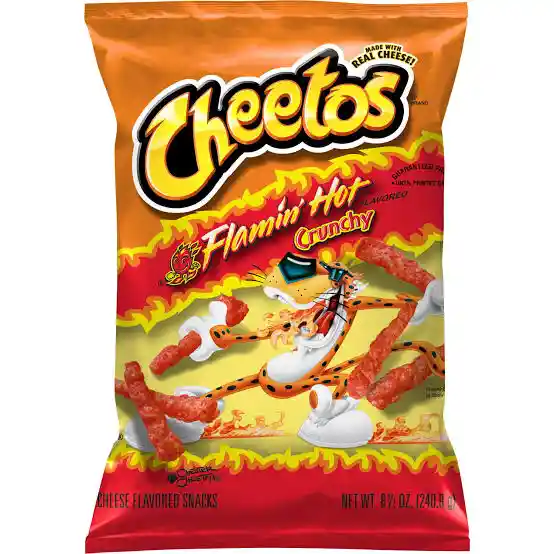
Are Crunchy Cheetos Halal?
The halal status of crunchy cheetos depends on the cheese used in making the product. As stated above, if animal-derived rennet is taken from an animal that has been slaughtered according to Islamic Shari`ah, then it is pure and can be eaten.
If the rennet is obtained from an animal that dies naturally or was not slaughtered according to Shari’ah, it is impure and should not be consumed.
Others scholars said that, whether you know the source of the rennet and that it comes from an animal that was slaughtered properly or otherwise, or you do not know, there is nothing wrong with eating cheese that has been made with it.

And Allah Knows Best.
Advertisements

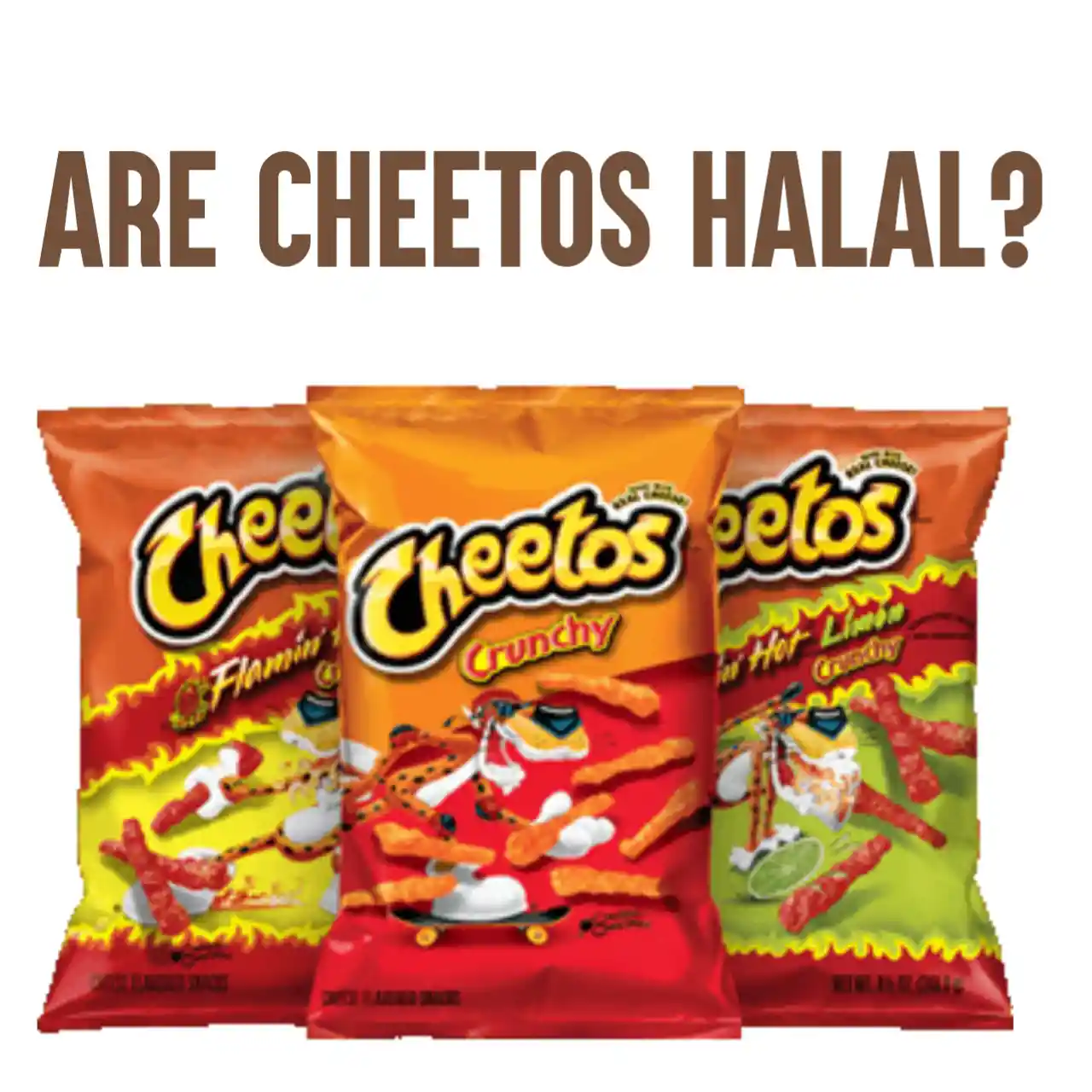
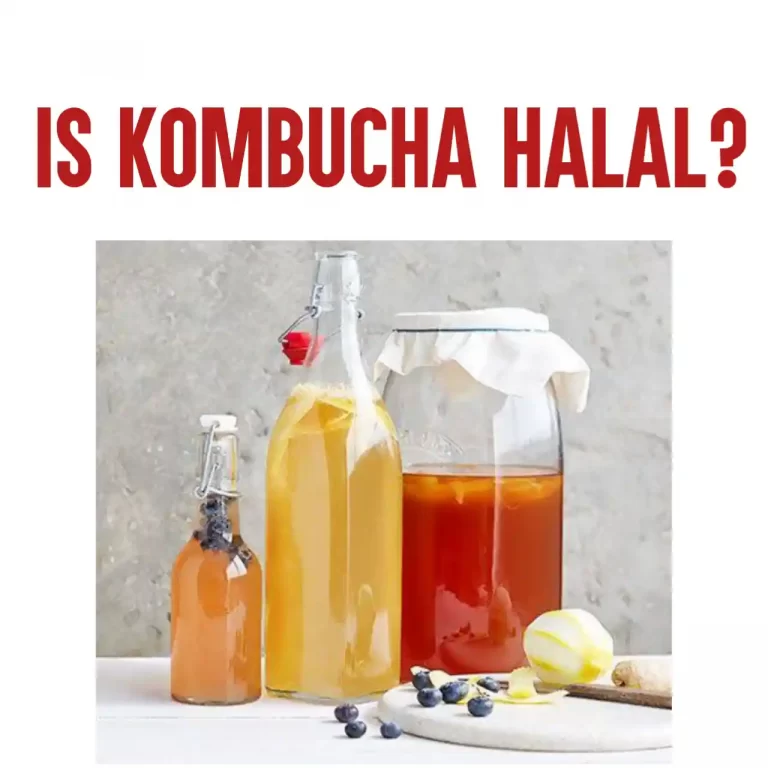

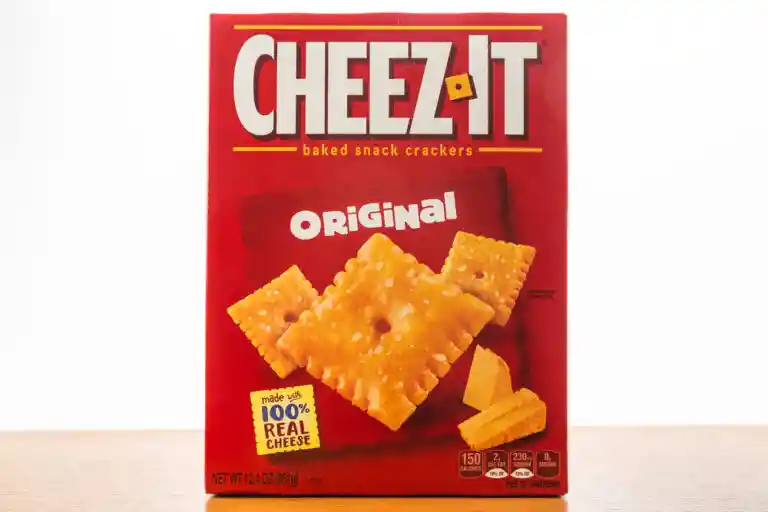


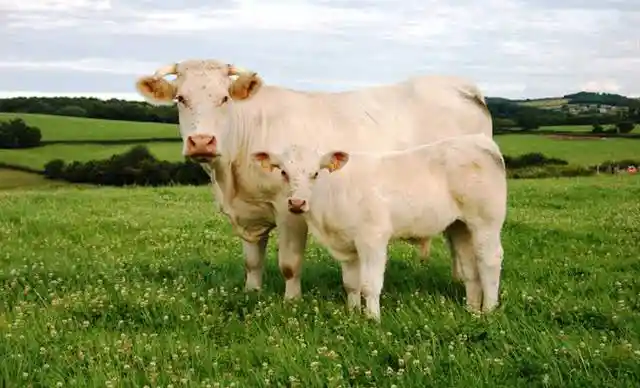
3 Comments